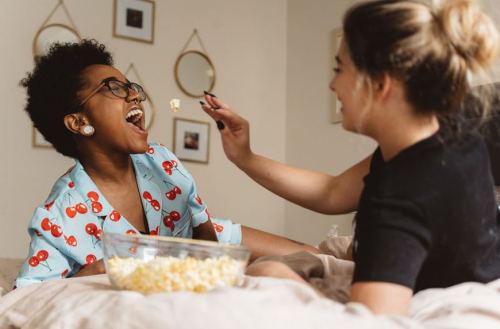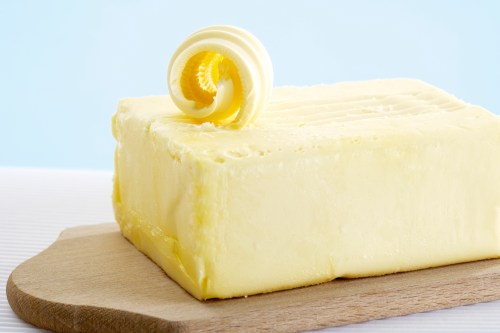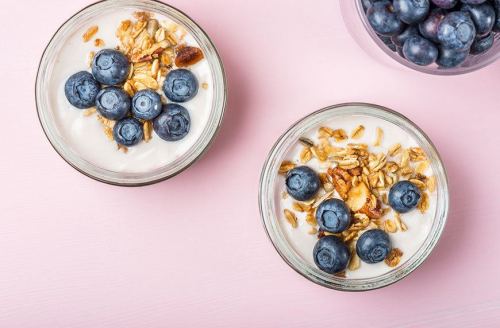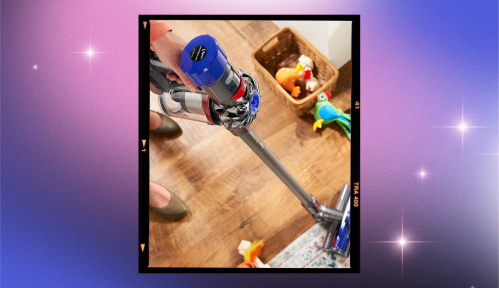Even if you throw together the most drool-worthy dinnertime feast of cauliflower pizza or opt for the breakfast-for-dinner route with a hearty stack of sweet-potato protein pancakes, late-night hunger pangs might still come knocking a few hours later. Rather than going on autopilot and reaching for options that are easy to consume way beyond their recommended serving sizes (looking at you, almond butter spooned from the jar), you can take the guesswork out of snacking by following a bonafide, good-for-you formula. Spoiler alert: It’s both nutritionist- and taste-buds-approved.
“The key is finding balance and not overindulging, and watching portion size—especially later in the evening.” —Rebecca Ditkoff, RD
Rebecca Ditkoff, MPH, RD, CDN, and founder of health-coaching company Nutrition by RD tells HuffPost that the main goal of your moonlight-munchies sesh should be to keep you full until the a.m., adding that it’s best to be mindful about the late-night noshing since a too-full stomach can lead to indigestion, which can cause poor sleep quality. “I’m a believer in listening to your body and honoring cravings,” Ditkoff says. “The key is finding balance and not overindulging, and watching portion size—especially later in the evening.” So, to help make sure your self-care habits support your health and happiness, you’ll need to whip up something with one or a combo of three macronutrients:
- 1.protein
- 2.whole grain, fibrous carbohydrates
- 3.healthy fats.
Translation: Pumpkin-seed-topped avocado toast, Greek-yogurt with a bit nut butter and a sprinkle of granola, or a small serving of red lentil penne are all fair game.
These nutritional-powerhouse snacks aim to stave off your hunger until breakfast. But your whole-grain toast in particular also comes with the added bonus of triggering an insulin release in your body, which supports the production of tryptophan—an amino acid that helps you produce melatonin, which helps to control the quality of your sleep.
So no, your Lorelai and Rory Gilmore–style movie-night snack spread and #healthgoals are not mutually exclusive. Well, so long as you swap the Pop Tarts for sweet potato blondies, that is.
Healthy snacking comes in oh-so-many forms. Here’s what it looks like around the world, and how nutritionists do it.
Sign Up for Our Daily Newsletter
Get all the latest in wellness, trends, food, fitness, beauty, and more delivered right to your inbox.
Got it, you've been added to our email list.










